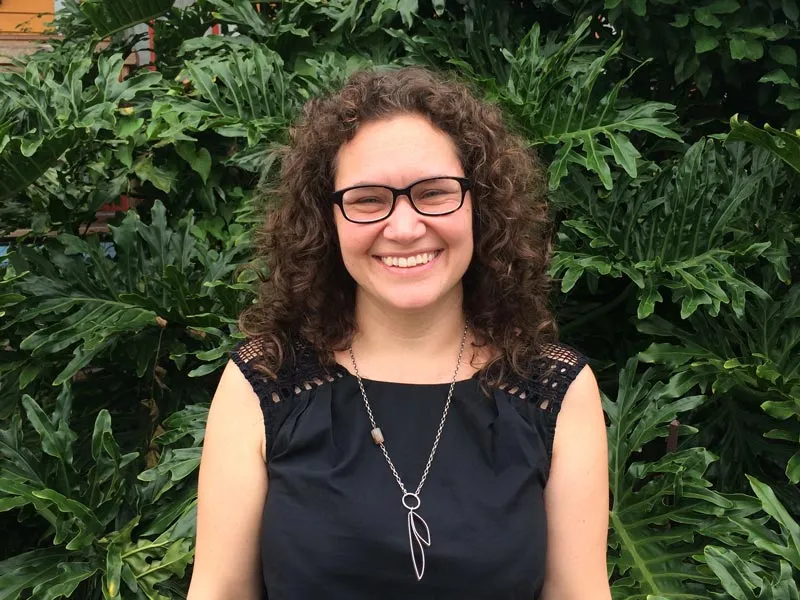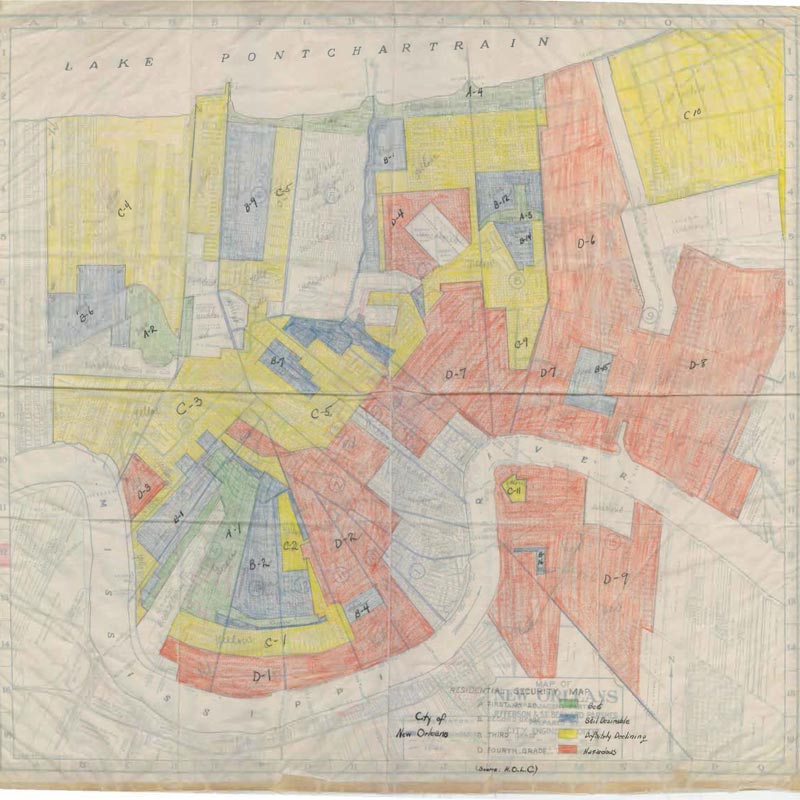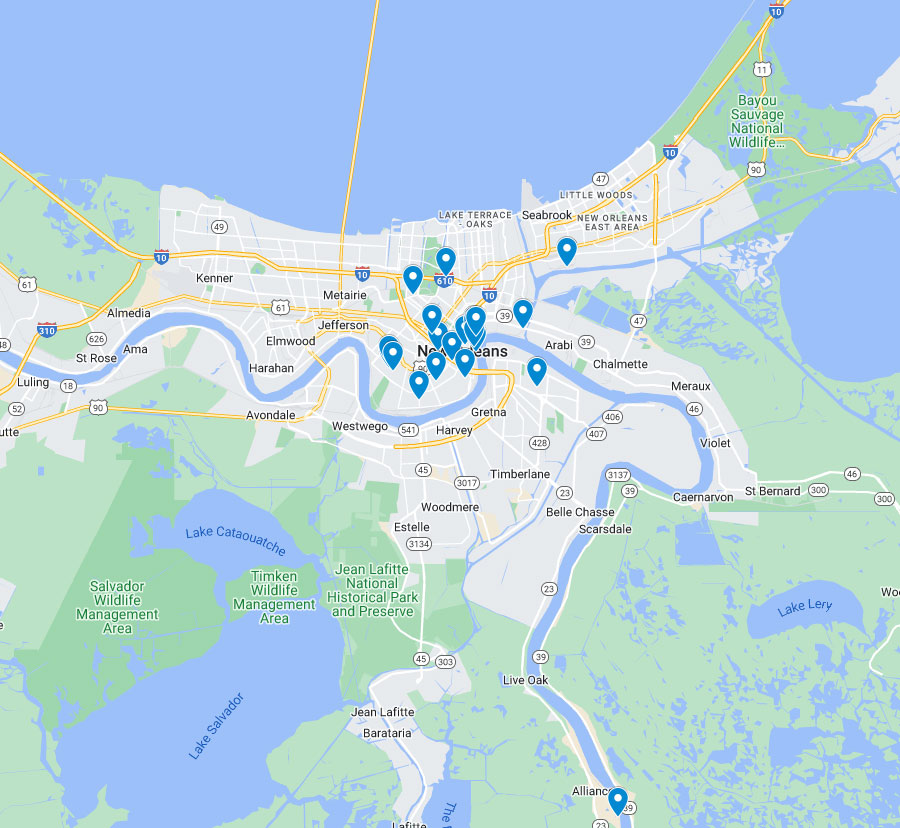
Biography
Anna Livia Brand’s research focuses on the historical development and contemporary planning and design challenges in black mecca neighborhoods in the American North and South. She is investigating how redevelopment paradigms in the 21st century reflect ongoing racialization and her work interrogates the gendered, racialized and resistant constructions of the built environment over time. Anna received her PhD in Urban Planning from MIT and is currently an Assistant Professor in the Department of Landscape Architecture and Environmental Planning at the University of California, Berkeley.
Research
Maps are integral to urban planning and development. They detail current conditions and project urban future landscapes. As representations of the past, present and future, they do work communicating systems of value by narrating a way of seeing and by re-presenting spatial and racial imaginaries. This project brings focus to New Orleans’s 1930s redlining maps and traced them forward toward post-Katrina imaginaries of the city’s future. It first investigates the creation of the city’s two redlining maps, analyzing their subtle, yet important differences in constructing and codifying racial categories and geographies. It then traces these maps forward and interrogates the ways that racial imaginaries shift over time by considering major planning efforts at the city level and their racial/ geographic projections of the future. By analyzing a series of maps and their accompanying texts, which translate race into spatial categorizations via systems of valuation and de-valuation, this research unpacks the cumulative racial texts of the city and its future.
This project brings together archival data, collected in New Orleans and at the National Archives in Washington D.C., and critical race theory and geographical analyses that underscore the textual and visual social construction, representation and projection of racial categories via the discipline of urban planning and development.



